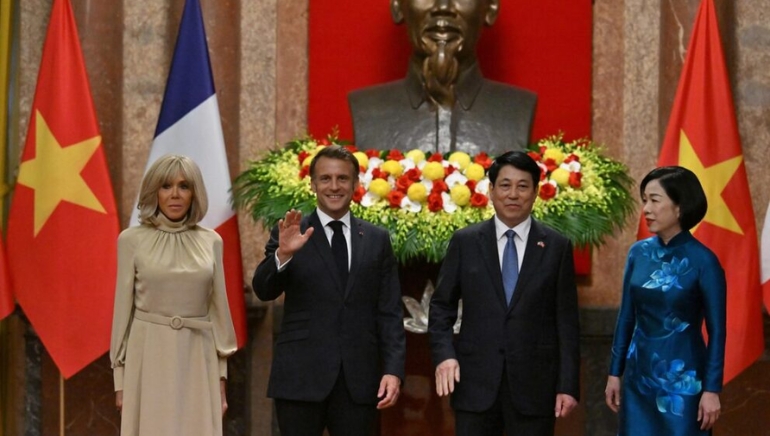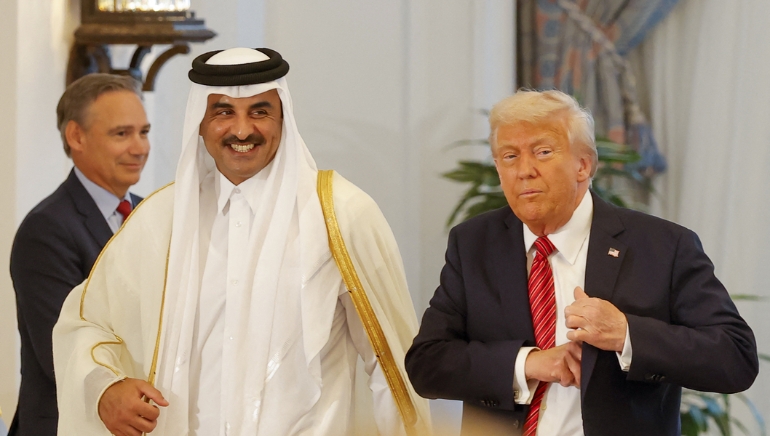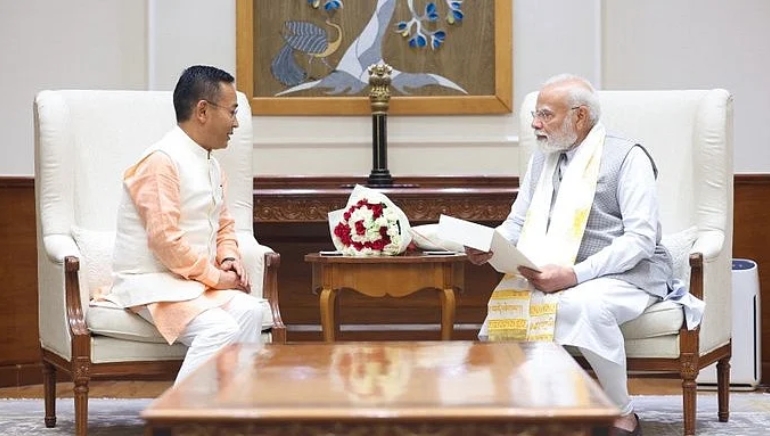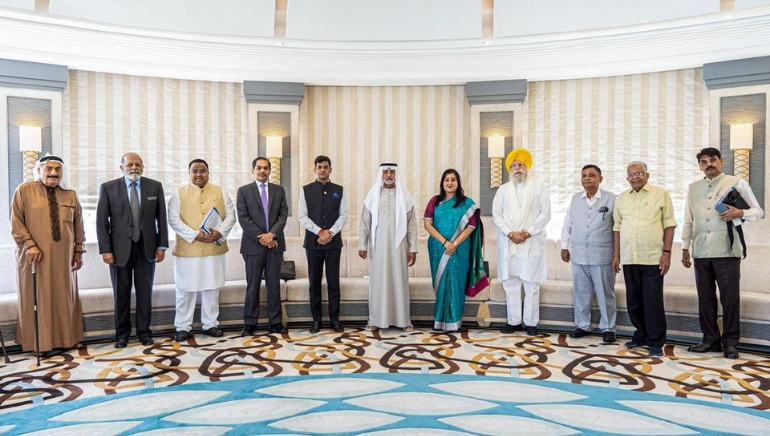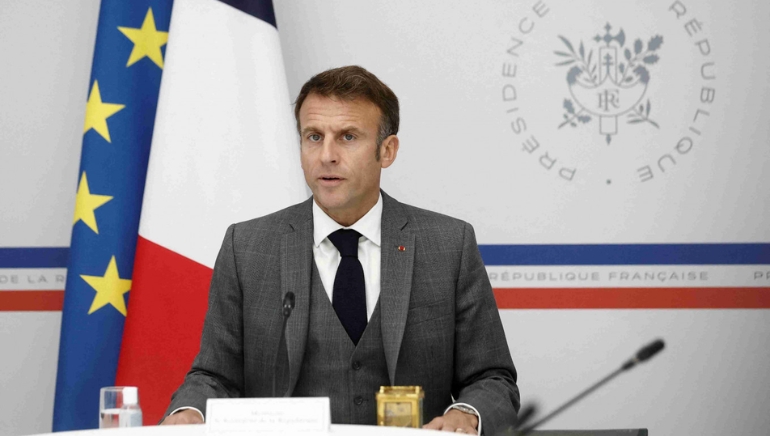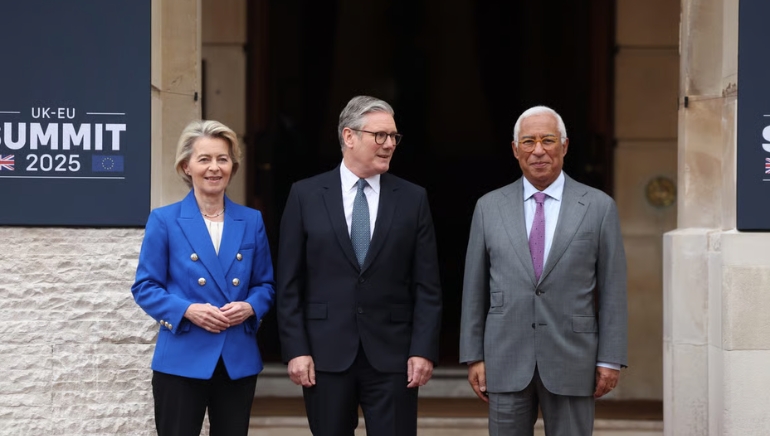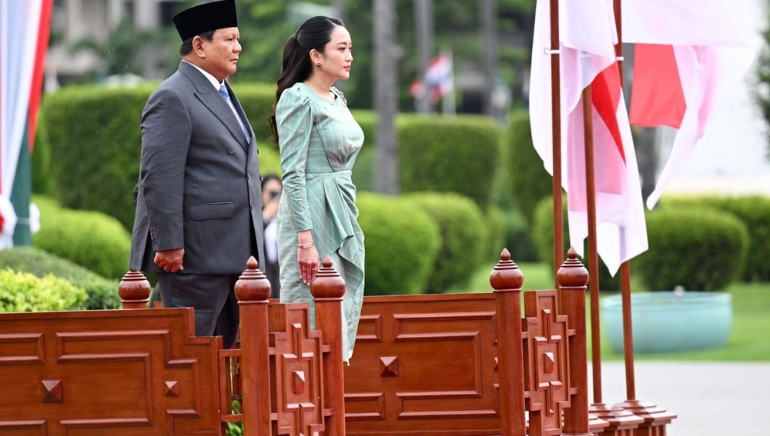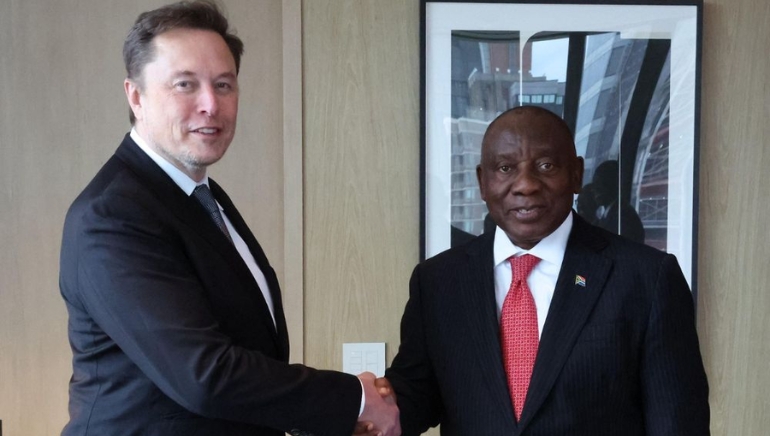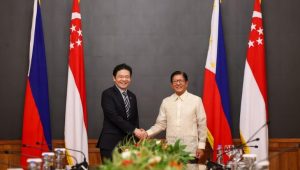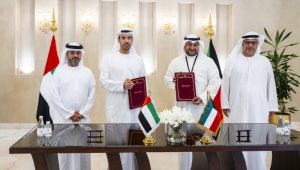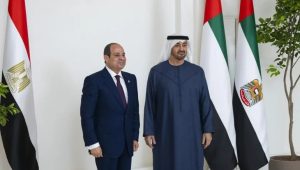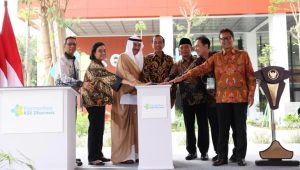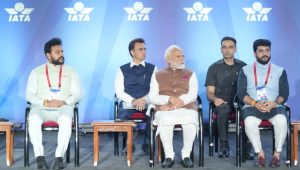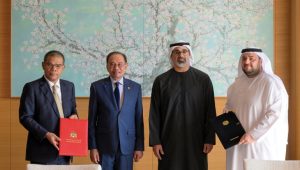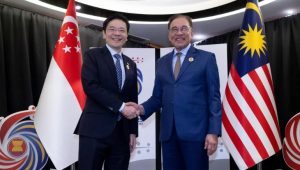During French President Emmanuel Macron’s historic visit to Hanoi, the two countries inked multiple important agreements, including a big purchase of 20 Airbus aeroplanes. This is the French president’s first official visit to Vietnam in nearly a decade. The visit aims to strengthen diplomatic and economic connections while also reinforcing France’s strategic objectives in the Indo-Pacific region.
The trip comes amid rising trade tensions between the United States and the European Union. President Donald Trump has threatened to impose a 50% tariff on EU imports, raising European fears. Vietnam, which is heavily reliant on exports and under its pressure from Washington, has committed to increasing imports from the United States to avoid stiff 46% tariffs. This balancing endeavour has sparked concerns in Europe about potential economic losses from their relationship with Vietnam.
The agreements cover civil aviation, defence, nuclear energy, railway systems, space collaboration via Airbus earth-observation satellites, and healthcare with Sanofi vaccines. Macron emphasised his support for freedom of navigation in the South China Sea, an issue that resonates with Vietnam as tensions with China rise. The strengthened defence alliance would include strategic information exchange and collaboration in cybersecurity, the defence industry, and anti-terrorism.





